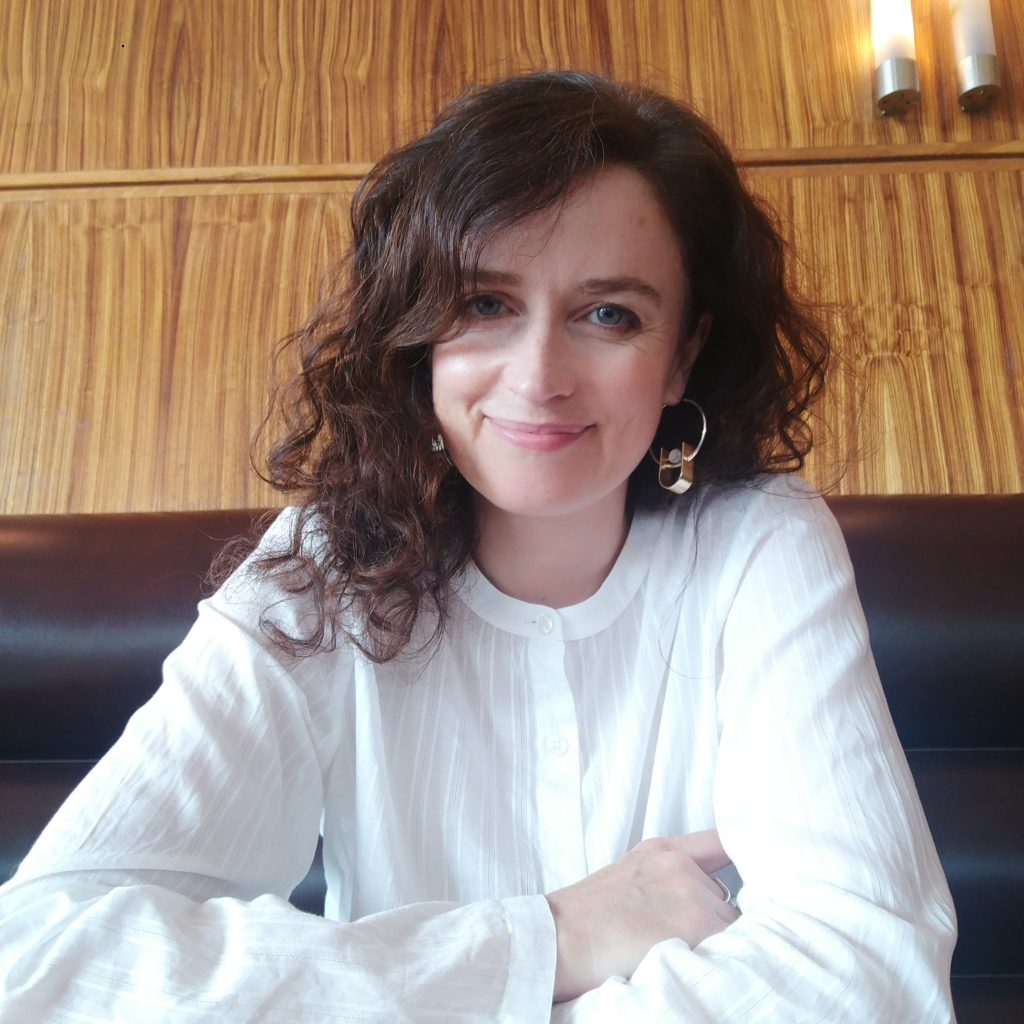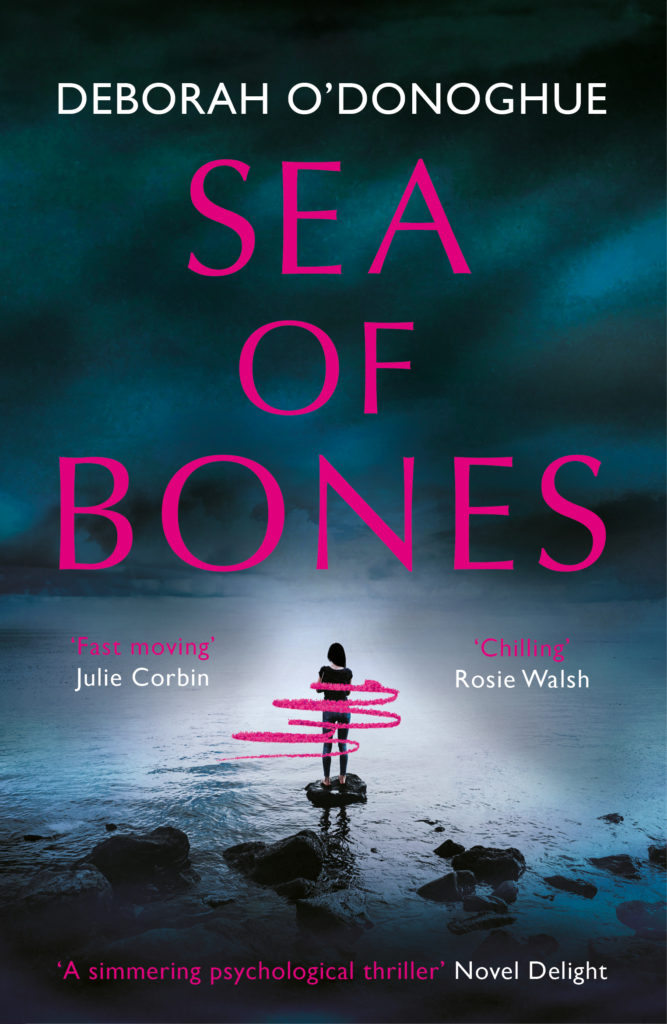I tend to be inspired by theme and place, and then characters and situations start to come to me. I write scene by scene, then I go back, layering in descriptions and character information.
A bit about you.
I live in Brussels at the moment, which is a fantastic city, really international. I grew up on the south coast of the UK and always wanted to write and tell stories. I was very into theatre and acting as well, but I soon realised you had more creative control if you were writing. My parents encouraged both my sister and I along these lines; there were always books in the house, Dad would make up silly rhymes at the dinner table, and Mum spent hours typing up my stories before I learned to do it myself.
What you have written, past and present.
I wrote lots of stories at school and had great teachers who were kind enough to put them into the school library! Aged eleven, I sent a manuscript to Faber and Faber. It was about a gang of kids and a brother in the army and something to do with the Ministry of Defence, so I guess thrillers are in my DNA! A kind editor at Faber wrote me a letter with some excellent tips!
At university I adapted a short story by Muriel Spark into a play and took it to the Edinburgh Festival. I had a brief exchange with the Dame herself, to get permission. I contacted her through her agent and she lived in a farmhouse in Tuscany which seemed enchanting to someone who’d grown up on a British housing estate. It was really exciting and inspiring!
I went into teaching, which I loved, but it was so all-encompassing I only really had time to write short stories. So that’s what I did. I was shortlisted in a Commonwealth Broadcasting competition for a flash fiction piece.
In 2015, I left my job and moved to Brussels to be with my partner. I decided it was time to put my money where my mouth was and sit down and write a novel.
What you are promoting now.
Sea of Bones – my debut novel. It’s out on 1 July 2019. It’s a psychological thriller with a political backdrop and a strong female protagonist, set in Scotland as well as taking in London, Manchester, Liverpool, and Wales! I’m really lucky it found such a good home with Legend Press, and now I’m working several ideas for a follow up. I’ve a sequel in mind, but also two other thrillers – one set between the UK and Spain, and one about the entertainment industry.
What is your process of writing?
I try to write every day, for three or four hours at least. I do some exercise in the morning, then I usually go out to write because if I’m at home I get distracted by chores. There’s a wonderful café near me overlooking some lakes and I go there and they are very kind to me. It’s lively, which I like – a bit of stimulation. I tend to edit as I go, which many people say is bad practice, but my inner critic is too loud for me to ignore.
When I started, I put out a call to published friends to see if any would be prepared to have coffee occasionally and share their wisdom. I was amazingly fortunate that Rosie Walsh responded and ever since we have sent each other writing regularly, encouraged each other and helped solve each other’s plot issues. It’s easier solving someone else’s problems than your own!
Do you plan or just write?
I do plan. I spend enough time looking at a screen, so I have a physical whiteboard, covered in post-its of different colours for different plot elements, with scribblings and ideas for scenes. But the plan changes as I write. As you get to know the characters in situ, you realise you need to add scenes in, move things around and so on.
What about word count?
I try not to worry about word count although when you’re up against a deadline you do have to take that seriously. It obviously feels good when you’ve written a decent amount in a day, but so much of the work of writing is research and thinking that being obsessed by word count can be counter-productive.
How do you do your structure?
I’m interested in the theory of writing and I like form to reflect content. I compare what I’m doing to things like Blake Snyder’s beat sheet. I’m also re-reading The Way of the Writer by Charles Johnson at the moment. But sometimes the theory can make you freeze up, if what you’re doing doesn’t seem to fit. It’s important to see how other writers do it and what they can get away with. That can free you back up again.
What do you find hard about writing?
I’d already had a career in education where there’s a clear pathway, so it’s quite disconcerting entering a new industry and feeling your way, understanding how it works. In teaching you get immediate feedback on what you’re doing, from classes as well as colleagues, so it’s quite a change learning to wait and be patient. What else? For me, it takes sustained periods of concentration and investment to really get going, so it’s hard chopping and changing and combining writing with other tasks, but that’s just life. Maintaining confidence in your vision and balancing that with listening to others’ views can be difficult too, but I’ve found I really enjoy picking my way through other’s opinions on what I’m doing, working out what I agree with and what don’t. It’s a great way to find your voice.
What do you love about writing?
I love words. I love that you can create atmosphere with words and that they have a feel of their own. Zenith, peak, high point, summit – they have their own sound and shape and feel within a sentence. Plus, it’s wonderful doing a creative job, where I get to meet and talk to people and research and learn about all sorts of things. Being a teacher was very rewarding but it meant having my day divided into little blocks and not being allowed to leave the premises even for breaks or lunch, so it’s a complete privilege managing my own time.
Advice for other writers.
There’s the all-important one, which is . . . write! But also read of course. More practically, if you want to be published it’s important to learn about the industry, network (which can be anathema I know, as many writers are quite solitary people!) and put your writing in front of others and hear what they say. Attending writers conferences and meeting agents and editors is a good way to do it because you can get lots of advice from different people all in one go.
Deborah’s debut novel Sea of Bones is out on 1st July.


